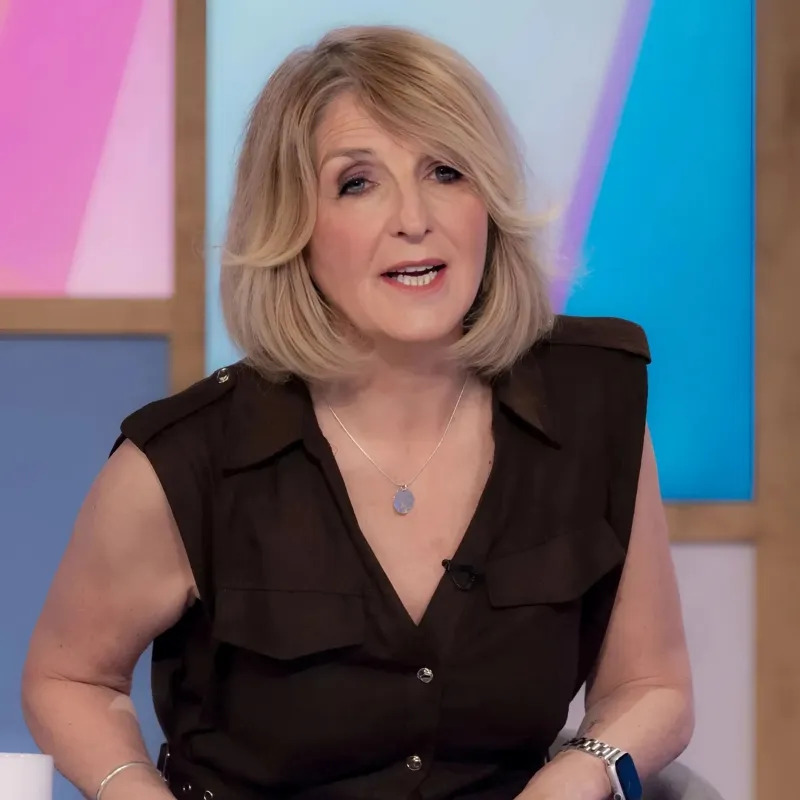
Many of us have been guilty of Googling our symptoms late at night. It’s quick, convenient, and feels empowering. A recent survey found that 63% of Brits regularly turn to the internet for medical advice. But is this a helpful practice, or can it lead to unnecessary panic or harm?
Dr. Zoe explains that the internet can be a valuable resource—if you know where to look. There are good sources of information, like the NHS website, and less reliable ones, such as social media influencers or unverified blogs. Doctors sometimes use online tools in consultations to identify rashes or unfamiliar conditions. However, medical professionals have extensive training to interpret this information accurately, something the average person may lack. Her advice is to use reputable sources and share your findings with your doctor. If you’ve convinced yourself your headache is a brain tumor, don’t keep it to yourself. Telling your doctor gives them the chance to address your concerns and provide reassurance.
While the internet can be empowering, Dr. Hilary warns that a little bit of information can sometimes be dangerous. Online searches often highlight worst-case scenarios, leading to unnecessary anxiety. Platforms like TikTok and Instagram have also become popular sources for health advice, especially among younger audiences. A recent study revealed that a third of teenage girls turn to these platforms for medical information instead of consulting a doctor. This trend concerns experts, as misinformation spreads quickly online, and it’s not always easy to distinguish between credible advice and harmful myths. He urges patients to bring any findings to their doctor for clarification, rather than self-diagnosing based on incomplete or misleading information.
Dr. Nigat shares a powerful story that highlights the importance of listening to intuition. A patient came in after her husband noticed a subtle indentation near her armpit. Although the doctor found nothing alarming during the exam, the couple’s concerns led to a referral—and the eventual diagnosis of stage 3 lobular breast cancer. That gut feeling saved her life. Doctors are trained to trust their instincts, but patients and their loved ones should also listen to theirs. If something feels off, it’s always worth getting checked.
Another alarming issue in today’s digital age is the rise of deep fakes. Dr. Hilary warns that fake endorsements for health products, such as weight loss pills or erectile dysfunction treatments, are spreading rapidly on social media. These scams often use fake videos or images of doctors to appear legitimate, but they can be extremely dangerous. Always verify sources and avoid buying health products from unregulated platforms.
Convincing someone to see a doctor can be challenging, especially when they’re reluctant. Dr. Hilary suggests framing the conversation around loved ones. If you’re not going to do it for yourself, do it for me or the kids. Sometimes that’s enough to persuade them to take action.
While Googling your symptoms can be empowering, it’s essential to approach online health searches with caution. Stick to verified sources, avoid jumping to conclusions, and always discuss your findings with a medical professional. If you’ve been putting off a health check or have a screening letter sitting on the counter, now is the time to act. Whether it’s for yourself, your family, or peace of mind, taking that first step could make all the difference.



